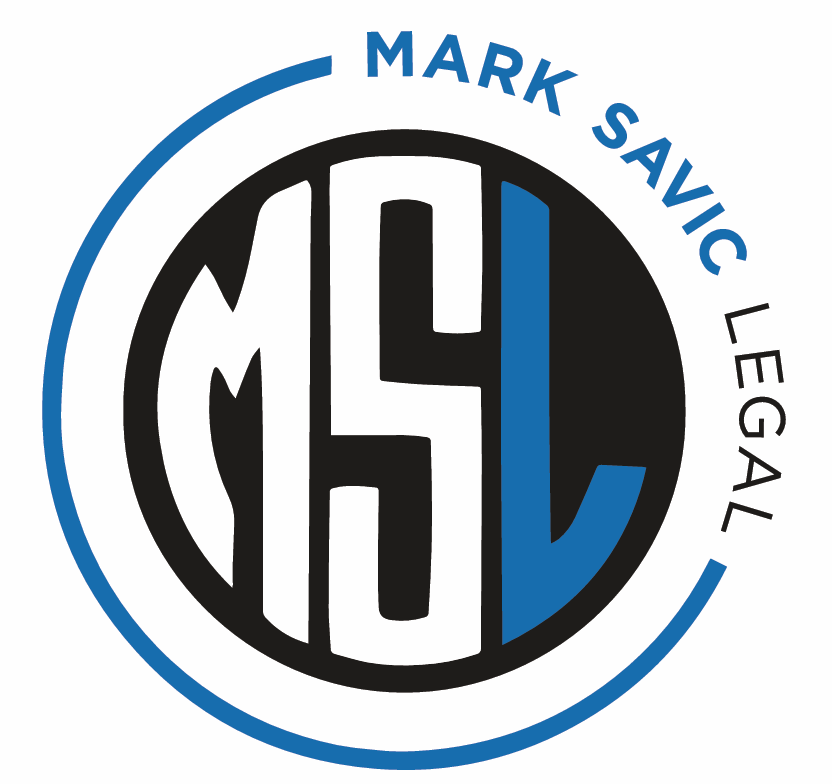Fixed Fee Arrangements
Seeking Justice Beyond Convictions
Criminal Appeals Lawyer
At Mark Savic Legal our experienced team of appellate lawyers understands that the legal system is not infallible and mistakes can occur during criminal trials. In such cases, appealing a conviction or sentence becomes crucial to ensuring justice prevails. In this informative article, we will shed light on the appeals process, the importance of seasoned appellate lawyers, and address common questions surrounding criminal appeals.
What is a Criminal Appeal?
A criminal appeal is a legal process through which a convicted individual seeks a review of their case before a higher court. It aims to challenge the lower court’s decision on the grounds of legal errors, procedural irregularities, or newly discovered evidence. The appellate court carefully examines the trial proceedings to determine whether there were any substantial errors that affected the outcome of the case.
Who Can File a Criminal Appeal?
Any individual who has been convicted of a crime can file a criminal appeal. It is crucial to note that only the defendant, or the person convicted, has the right to initiate the appeals process. However, in some cases, the prosecution may also appeal against a decision that they believe was wrongly made.
Grounds for Criminal Appeals
There are various grounds on which a criminal appeal can be based. Some common grounds include:
- Errors of law made by the trial judge.
- Misconduct by the prosecution or defence.
- Inadequate legal representation.
- Insufficient or improperly admitted evidence.
- Procedural irregularities that affected the fairness of the trial.
- Newly discovered evidence that could have a significant impact on the case.
The Appeals Process
Step 1: Consultation and Case Evaluation
The first step in the appeals process is to consult with an experienced appellate lawyer. They will evaluate your case, review trial records, and identify potential grounds for appeal. This initial consultation is crucial for understanding the merits of your appeal and determining the best course of action.
Step 2: Filing the Notice of Appeal
Once the decision to appeal has been made, your appellate lawyer will file a Notice of Appeal with the appropriate appellate court. This document formally notifies the court and the opposing party about your intention to appeal.
Step 3: Preparing the Appeal
During this stage, your appellate lawyer will meticulously review the trial transcripts, evidence, and relevant legal precedents to build a strong appellate case. They will identify errors made during the trial and develop persuasive legal arguments to support your appeal.
Step 4: The Appeal Hearing
The appeal hearing is a critical phase of the process, where your lawyer presents the case before the appellate court. They will argue the legal errors or grounds for appeal and provide supporting evidence. The opposing party will also have an opportunity to present their arguments.
Step 5: Post-Appeal Options
After the appeal hearing, the appellate court will issue its decision. If the appeal is successful, the court may order a retrial, modify the sentence, or, in some cases, acquit the defendant. If the appeal is unsuccessful, there might be further options available, such as seeking leave to appeal to a higher court.
Appeals in New South Wales
In New South Wales an appeal from the severity of a sentence imposed or conviction in the Local Court must be heard in the District Court. The appeal document must be filed within 28 days of the sentence being imposed.
And for appeals against the severity of sentence, the hearing will effectively be a fresh plea in mitigation before the District Court judge. But for appeals against conviction the District Court will review the transcript of what occurred in the Local Court and determine if what occurred there was lawful.
Appeals in Queensland
Likewise, in Queensland both types of appeals are heard in the District Court. The appeal document must be filed within 1 calendar month from the date the Magistrates Court rendered the sentence or verdict. And for both types of appeals the hearing will be conducted by the District Court judge reviewing the transcript of what occurred in the Magistrates Court to determine if all occurred lawfully.
In both States appeals from decisions imposed in the District or Supreme Courts are heard in the Court of Appeal.
Success in these jurisdictions depends on very careful preparation and a solid understanding of the applicable law. Generally, for sentence matters the law that relates to the charge preferred needs to be scrutinised as do comparative sentences from previous similar matters.
For appeals against conviction a lot more needs to be considered, often including the admissibility of certain evidence and the validity of judicial directions given to the tribunal of fact.
The Importance of Experienced Appeal Lawyers
Effective representation by experienced appellate lawyers is crucial for a successful appeal. These specialised lawyers possess in-depth knowledge of the appeals process, understand the intricacies of criminal law, and have the expertise to navigate the complex legal landscape. Their skills in research, persuasive writing, and oral advocacy are instrumental in presenting a compelling case before the appellate court.
At Mark Savic Legal, our appellate lawyers have a proven track record of handling complex appeals. We are dedicated to fighting for justice, meticulously examining trial records, identifying errors, and pursuing every available avenue to secure the best possible outcome for our clients.
